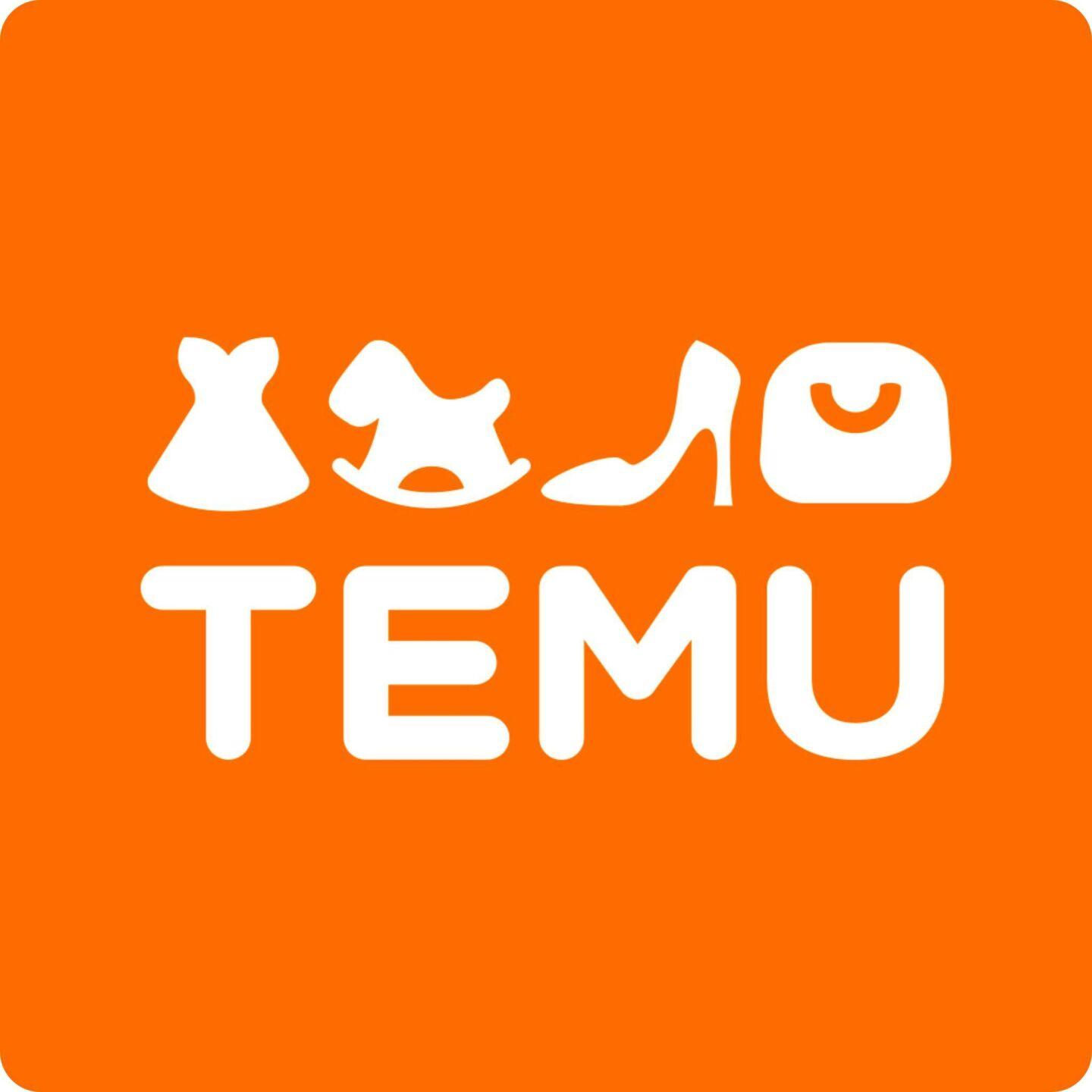Maybank : concern raised as Temu may turn aggressive in ASEAN amid US challenges

Maybank Investment Bank said Wednesday that the elimination of de minimis exemption by the United States has raised concerns among investors that Chinese e-commerce firm Temu may become aggressive in ASEAN.
The research house said in a statement that if Temu turns aggressive in ASEAN, there could be a strong pushback by Singaporean technology firm Shopee.
“We don’t rule out it may turn into losses again, although that would be the right strategy to follow,” it said.
It is noted that Shopee has already made it very clear it wants to keep its adjusted earnings before interest, taxes, depreciation, and amortization (EBITDA) to gross merchandise value (GMV) at 2 percent to 3 percent over the long term.
This is on the lower side vs the global average of around 5 percent.
“When we do our maths (assuming multiple take rate increases, higher ads penetration and operating leverage), we think it can comfortably surpass the targeted margins,
“Now why Shopee still wants to operate at a lower margin is to keep the market extremely competitive so as to thwart entry of new players in the market or for the existing players to turn aggressive,” it added.
Maybank has also highlighted three possible scenarios for Temu amid the elimination of de minimis exemption by the US.
Firstly, in the US, Temu changes its business model by operating as a regular e-commerce company.
In fact, it is already happening to an extent, as Temu has enabled US sellers to join the marketplace platform and it launched a new local warehouse function.
This way, Temu and Shein remain hooked to the US market, but maybe not as competitive as they were in the past as local merchants will take a cut, essentially jacking up prices for consumers and thereby pricing on the platform won’t be super cheap as was the case before.
Secondly, Temu shifts its focus away from the US market and reallocates resources to other regions, including ASEAN, while maintaining its cross-border operation model.
However, expansion in ASEAN faces significant challenges. Indonesia, the region’s largest market, remains inaccessible due to strict cross-border regulations, which prohibit
shipments of products below $100 from China.
Other key markets, such as Vietnam, Thailand and Malaysia, have also raised concerns about Temu’s impact on local micro, small, and medium enterprises (MSMEs).
More importantly, Temu’s unit economics in ASEAN are far less favorable than in the US.
The smaller average basket size in ASEAN (typically $5 to $10) makes the model unsustainable, as shipping costs from China to customers would range between $2 to $3 per order.
In contrast, in the US, third-party ecommerce merchants retain higher margins, making the economics more viable for Temu.
In ASEAN, merchant margins are already low, leading to competitive consumer pricing even without Temu’s presence.
Additionally, local merchants in ASEAN curate their product offerings based on regional taste and preferences, something Temu’s crossborder model struggles to replicate.
Thirdly, Temu may also change its business model in ASEAN, transitioning from a cross-border platform to a traditional e-commerce operation.
If this happens, it would position Temu as a direct competitor to Shopee.
Should Temu adopt an aggressive market-entry strategy (similar to TikTok Shop in the past), Shopee is likely to respond just as aggressively, as it has made its stance clear in previous instances.
Moreover, Shopee has significantly advanced its logistics capabilities and efficiency, further strengthening its competitive position.
As a result, any pushback from Shopee against Temu’s expansion in ASEAN would likely be even more intense.
#Ecommerce #Temu #Shopee #ASEANMarket #DigitalEconomy
- Art
- Causes
- Crafts
- Dance
- Drinks
- Film
- Fitness
- Food
- Jogos
- Gardening
- Health
- Início
- Literature
- Music
- Networking
- Outro
- Party
- Religion
- Shopping
- Sports
- Theater
- Wellness


